Digestive Disorders
An Introduction to Digestive Disorders
Inflammatory bowel disease is a term used to describe chronic, relapsing inflammatory disorders of the digestive tract. The major types are ulcerative colitis, which causes inflammation in the colon, and Crohn’s disease, which may affect any part of the digestive tract, from mouth to anus. Symptoms include abdominal pain, blood in the stool, irregular bowel habits, weight loss and fatigue. Established treatment options are surgery, aminosalicylates, corticosteroids, immunomodulators and anti-TNFα inhibitors; however, many patients will fail to respond or become refractory to these therapies. Emerging therapies include anti-integrin therapy, JAK1 inhibitors, sphingosine-1-phosphate receptor modulators, stem-cell transplant and faecal microbiota transplant.
Our supporting partners do not constitute an endorsement of the content on this page.
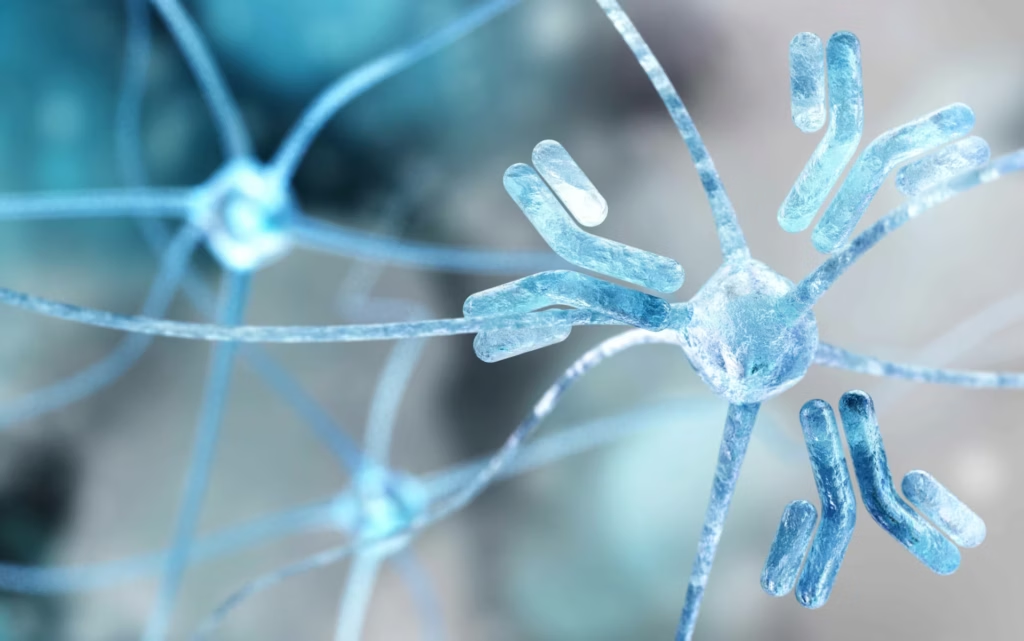
Dr Bram Verstockt, a clinician-scientist at KU Leuven and University Hospitals Leuven, shares insights into his journey into gastroenterology and his pioneering research in inflammatory bowel disease (IBD). In this interview, he explores the promise of precision medicine, noninvasive monitoring tools like intestinal ultrasound, and the need to better understand IBD heterogeneity to drive more personalized and effective patient care.

July delivered a broad range of important updates in immunology, spanning regulatory approvals, new therapeutic formulations, and key clinical trial results across autoimmune, inflammatory, and rare diseases. This monthly roundup highlights the most significant developments, including first-in-class oral therapies, expanded paediatric indications, and both positive and negative late-phase trial outcomes.

As part of our Future Leader series, we speak with Dr Varol Tunali, a researcher at Ege University Faculty of Medicine, about his pioneering work in parasitology and microbiome science. From investigating the clinical relevance of Blastocystis to exploring the role of AI in personalized medicine, Dr Tunali shares insights into the future of global health, and the values that continue to shape his scientific journey.

Dr Andreas Hadjinicolaou, Future Leader in gastroenterology, shares his journey at the intersection of clinical care and cutting-edge research in early cancer detection. In this Q&A, he reflects on balancing patient care with innovation, the technologies transforming the field, and his vision for more equitable, accurate, and proactive approaches to diagnosing gastrointestinal cancers.

The American College of Gastroenterology’s 2025 Crohn’s disease guidelines introduce key advancements in personalized care, diagnostics, and treatment. Highlights include genetic testing to guide therapy, adoption of intestinal ultrasound for non-invasive monitoring, and the inclusion of new biologics. Emphasizing shared decision-making and holistic care, the guidelines aim to improve outcomes by tailoring strategies to each patient’s unique profile and preferences.

Physician burnout is at a critical point. In this episode, Nicky speaks with Dr Alfred Atanda about why so many physicians are burning out and what can be done to change the trend. From personal experience to system-wide solutions, Dr Atanda shares valuable insights on improving physician well-being and building a more effective healthcare culture.

In this episode, we explore the future of continuing medical education (CME) with the team behind touchIME. Hannah Fisher and Matthew Goodwin share insights into global and US trends, the importance of patient inclusivity and how educational outcomes are evolving to better measure the direct impact of learning on clinical practice and patient care.

Prof. Paul Fockens, recipient of the 2024 UEG Lifetime Achievement Award, has profoundly shaped the field of gastrointestinal endoscopy. From pioneering techniques like endoscopic ultrasound to advancing colorectal cancer screening and minimally invasive surgeries, his transformative contributions have improved patient care globally. A dedicated mentor and leader, Prof. Fockens has also championed education and innovation through his work with UEG and beyond."

Each year, the United European Gastroenterology (UEG) organisation awards a prestigious €50,000 Research Prize to recognise excellence in basic science, translational, or clinical research. This award supports future innovative scientific projects from inception to completion, emphasizing their transformative potential to enhance patient care. This year’s recipient, Dr. Enrique de-Madaria, Gastroenterologist and Coordinator of the Biliary-Pancreatic Unit at Dr. Balmis Hospital in Alicante, Spain, has been honoured for his groundbreaking work in fluid resuscitation for acute pancreatitis. Over the past decade, his multicentre studies—bolstered by national and international collaborations—have redefined clinical practice and established new standards of care.

IgG4-RD is a rare, chronic, relapsing condition characterized by fibroinflammatory lesions rich in CD19+ B cells, which can damage multiple organ systems and lead to organ failure.1 With no approved therapies, glucocorticoids are the primary treatment, but their long-term use is associated with adverse effects and inadequate disease control.1
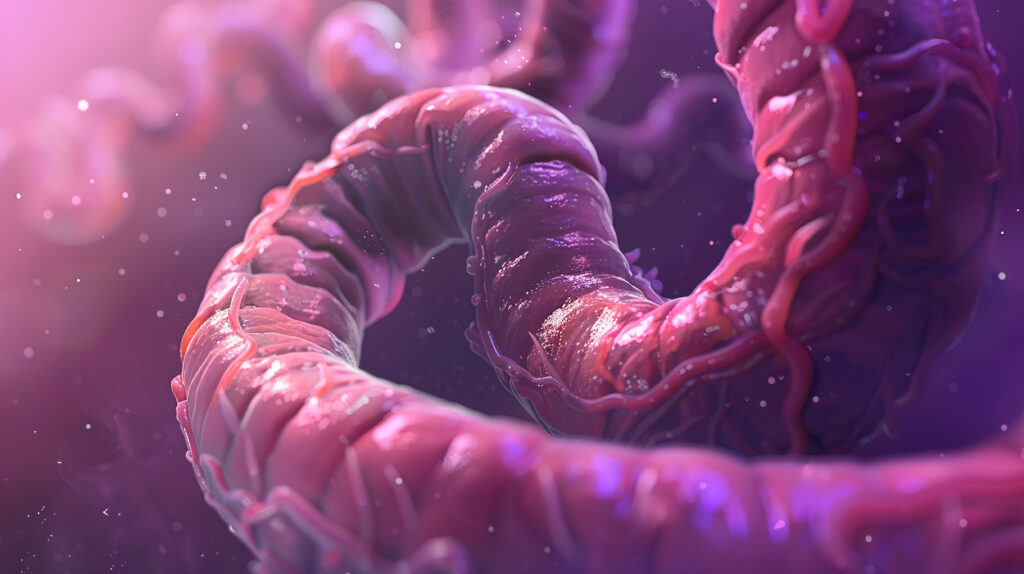
New research presented at UEG Week 2024 has introduced a strategy that could considerably reduce the need for insulin therapy in patients with type 2 diabetes (T2D).¹ The study investigated a novel approach combining ReCET (Re-Cellularization via Electroporation Therapy) with the ...

Eosinophilic oesophagitis (EoE) is a chronic, immune-mediated inflammatory disease of the oesophagus that is progressive in nature and increasingly prevalent worldwide.1 The condition is driven by antigen-induced type 2 inflammation, leading to the infiltration of eosinophils, which causes esophageal dysfunction and ...
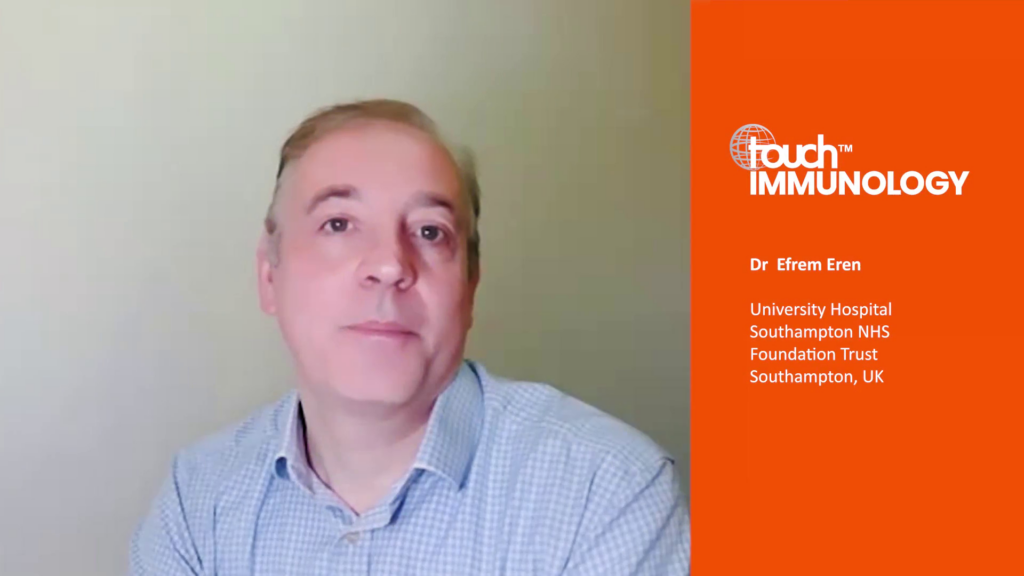
Three experts discuss the challenges related to recognizing, diagnosing and treating patients with eosinophilic oesophagitis (EoE) and highlight how advances in diagnostic tools and emerging treatments may impact future care.




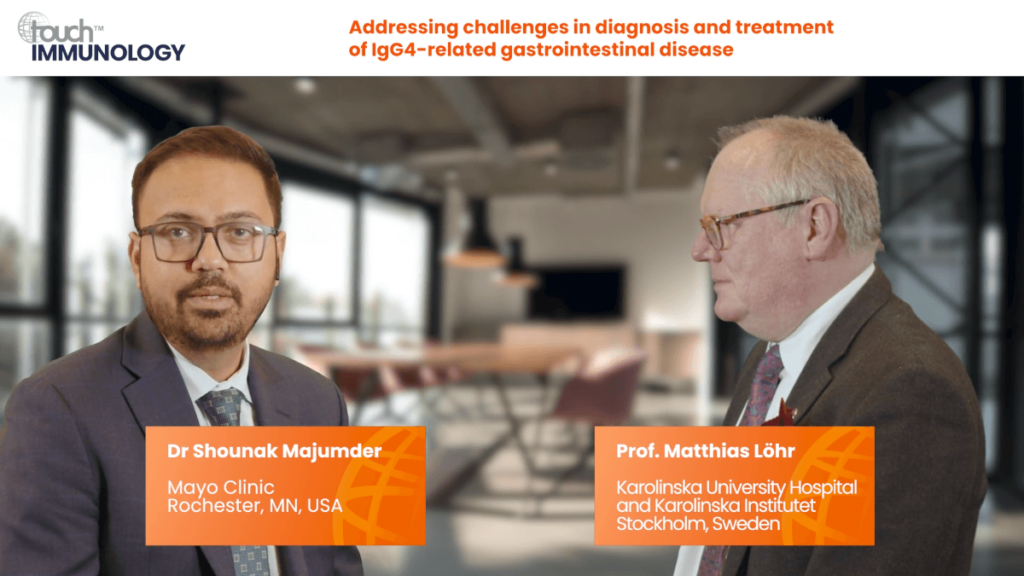
Watch expert faculty discuss how to diagnose and treat the gastrointestinal manifestations of IgG4-related disease






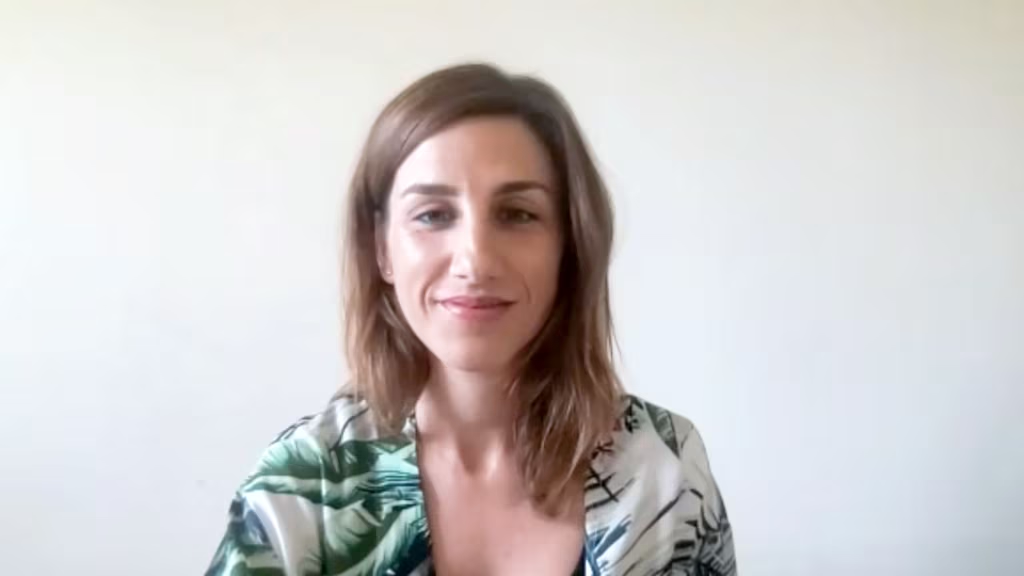
The UEG Young Talent Group (YTG) encourages young gastroenterologists to develop their careers through education, networking and training. We were delighted to catch up with UEG YTG Chair Dr. Pilar Acedo to discuss the training, education and professional opportunities available ...
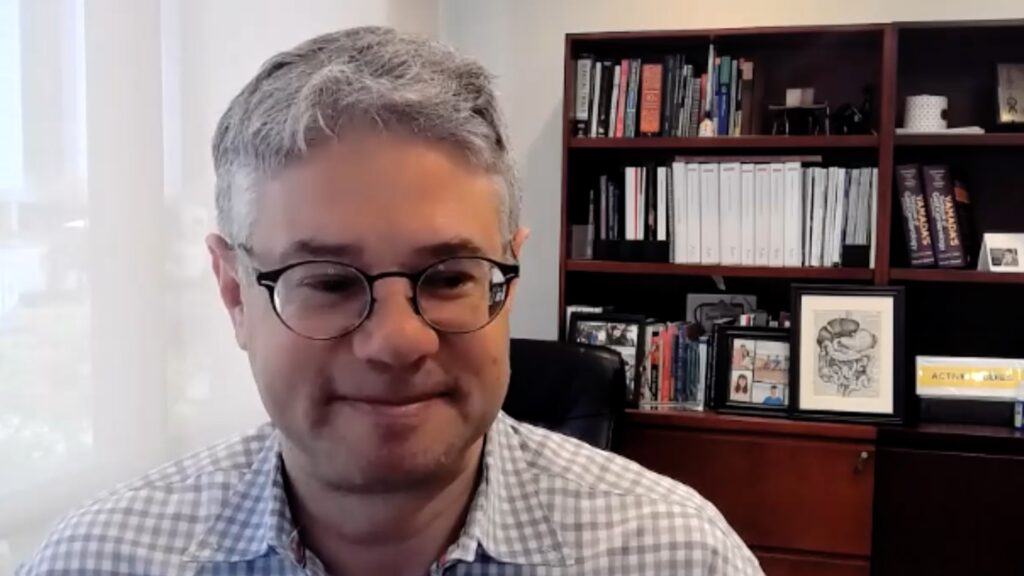
Digestive Disease Week took place between 6-9 May, in this touchIMMUNOLOGY interview, we caught up with our Expert Faculty member Prof. Gil Y. Melmed (Cedars-Sinai, Los Angeles, CA, USA) around his personal highlights from this year’s conference including non-pivotal ...
Latest articles videos and clinical updates - straight to your inbox
Log into your Touch Account
Earn and track your CME credits on the go, save articles for later, and follow the latest congress coverage.
Register now for FREE Access
Register for free to hear about the latest expert-led education, peer-reviewed articles, conference highlights, and innovative CME activities.
Sign up with an Email
Or use a Social Account.
This Functionality is for
Members Only
Explore the latest in medical education and stay current in your field. Create a free account to track your learning.




